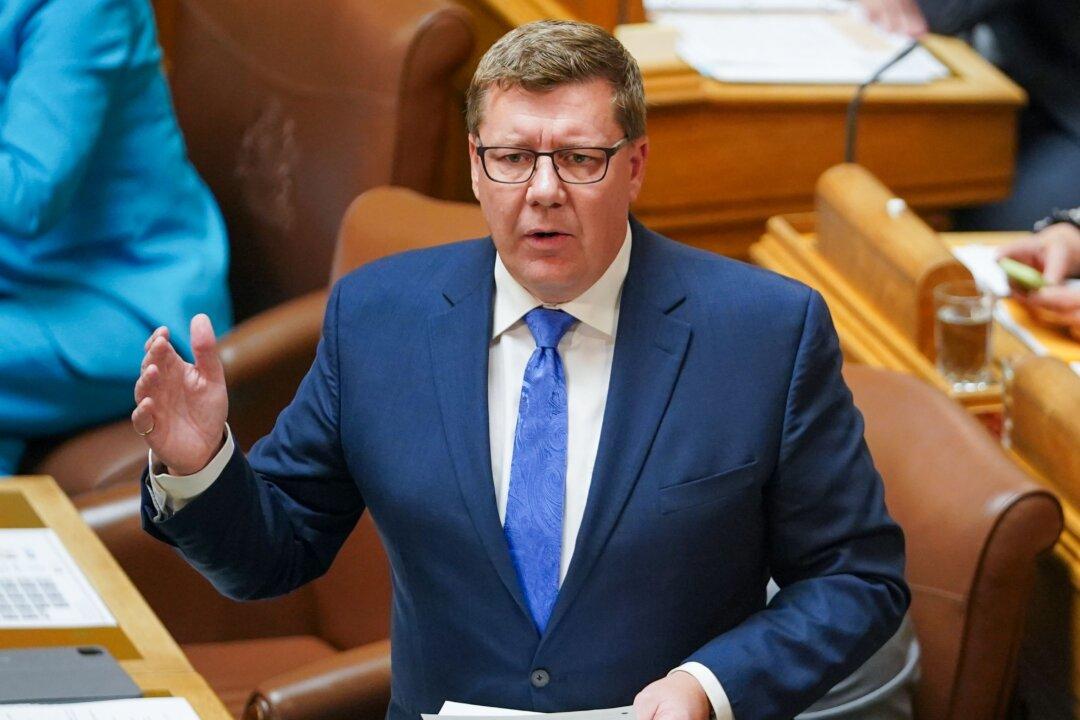Saskatchewan’s use of the Charter’s notwithstanding clause (NWC) is the ideal situation for its application, says a new policy paper by a political science professor.
Dave Snow, associate professor in the department of political science at the University of Guelph, outlined his argument in the paper entitled When Rights Clash, published on Oct. 10.





